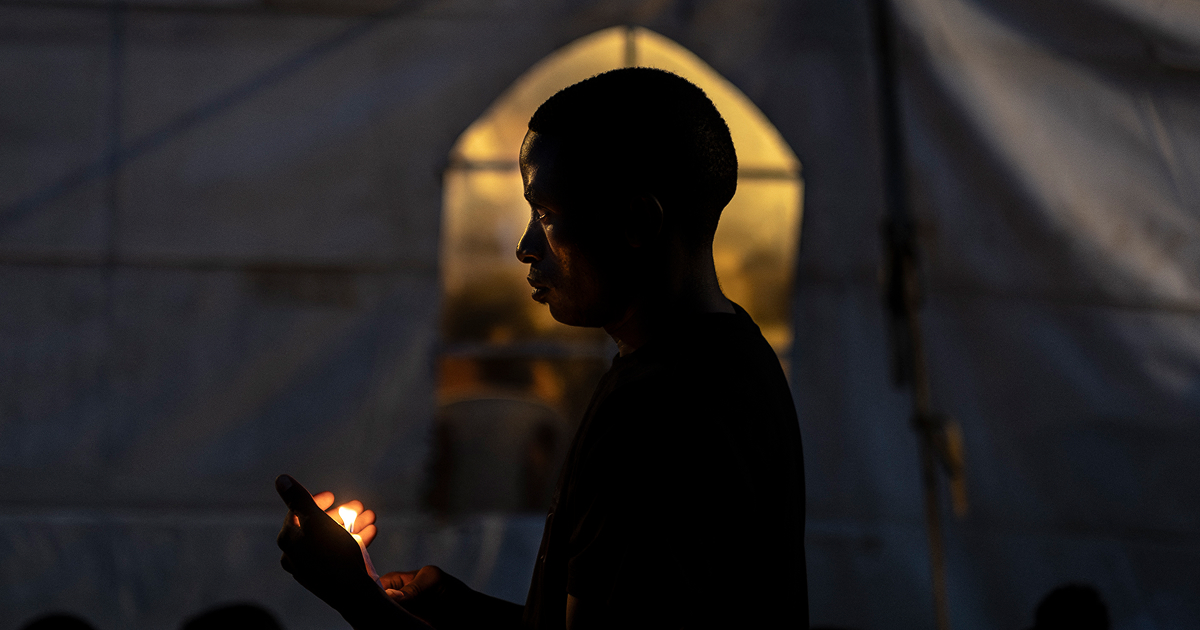A lay brother has been elected for the first time to lead a province of the Amigonian Friars, following confirmation from the Vatican.
Brother José Miguel Bello Tena has been elected Provincial Superior of the Luis Amigó Province (in Spain) of the Capuchin Tertiary Religious (Amigonian Friars) for the period 2025–2028.
His election marks the first time in the congregation’s history that a religious who is not a priest has been chosen as a provincial superior. The appointment was confirmed by the Dicastery for Institutes of Consecrated Life and Societies of Apostolic Life, in accordance with the 2022 rescript of Pope Francis permitting lay religious to serve as major superiors.
Born in Rillo, Teruel, in 1963, Brother Bello entered the congregation in 1984, making his first profession at the San Nicolás de Bari School in Teruel. He has served in the provincial government since 2001 and now succeeds as head of the Luis Amigó Province, which encompasses communities in Spain, the Ivory Coast, Benin, Germany and Poland.
For much of his religious life, Brother Bello has been based at the Colonia San Vicente Ferrer in Burjassot, Valencia, where he has worked for three decades with young people serving court orders. The century-old centre is run by the Amigonian Friars and is known for its emphasis on education through presence, freedom and personal attention.
Speaking after his appointment, Brother Bello outlined his priorities for the coming three years in an interview with Diario de Teruel. He emphasised the importance of supporting religious communities, strengthening fraternal life, and overseeing the Amigó schools. Work is currently under way to establish a canonical foundation to manage the seven schools of the province, located in Valencia, Torrent, Madrid, Albacete, Seville and Pamplona.
He described his mission as one of “animation”, both of the religious themselves and of the apostolic works entrusted to the congregation. “The provincial superior is responsible for all the works,” he said. “It is about leading positively so that the presence is real and effective, so that it is significant for the Church today.”
Reflecting on his election as the first non-priest provincial superior, he highlighted the role of Pope Francis in opening governance roles to lay religious. “This was the desire of our founder, Luis Amigó,” he said. “When the Holy See approved the congregation, it required that it be clerical and governed by priests. Pope Francis repealed this canon and authorised lay religious to assume governing positions within the congregation. This is the first time that a provincial superior, a non-priest religious, has assumed this role.”
The province traces its origins to Blessed Luis Amigó, who founded the Amigonian Friars in 1889 with the mission of caring for at-risk young people. The congregation today operates schools, residential centres and social programmes aimed at education, rehabilitation and social reintegration. It currently comprises 358 members, including 178 priests, according to figures from 2020.
Photo credit: Amigonian Friars





.png)











